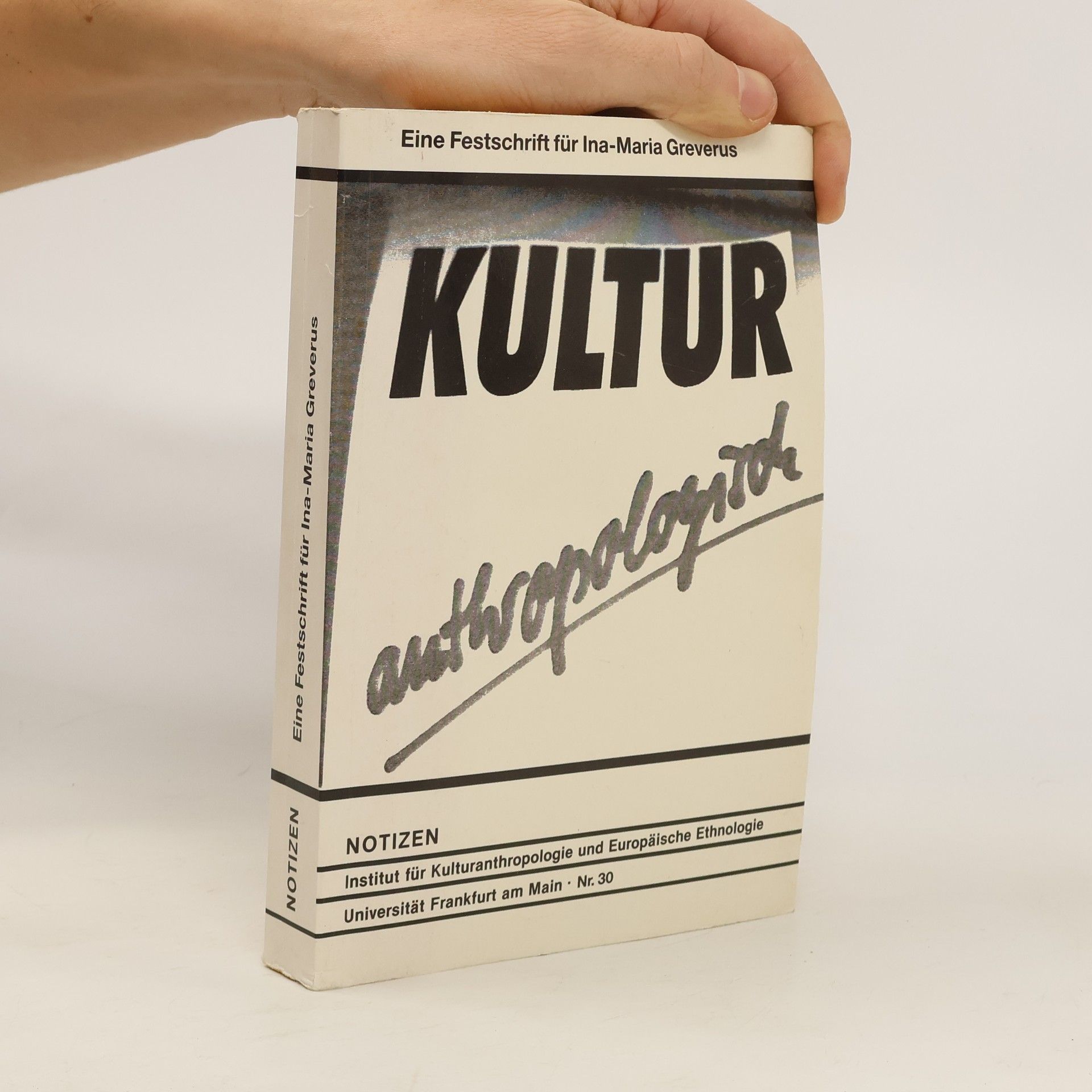Kultur anthropologisch
Eine Festschrift für Ina-Maria Greverus
Christian Giordano is a Swiss anthropologist and sociologist whose work delves into the intricacies of European cultures. His research often navigates the intersection of ethnology and social anthropology, exploring the diverse customs and societal structures that define the European continent. Giordano's academic career has been dedicated to advancing the study of social anthropology, contributing significantly to scholarly discourse through his editorial roles and professorship. His rigorous approach to understanding cultural phenomena offers readers a deep and nuanced perspective on the human experience.


Eine Festschrift für Ina-Maria Greverus
Zur Rekonstruktion ländlicher Lebensformen
German